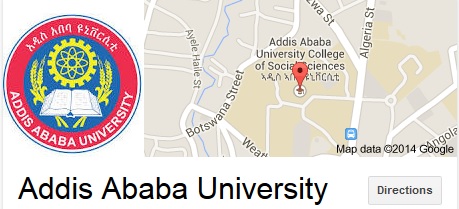Research and Community Services
The Canter has planned to run Research & Academic, Model Incubator School, Resource Design & Development, and Networking and Partnership units along with the teaching-learning activities as research and community services.
Research & Academic Unit
The centre would add to the literature on local child rearing and development practices. Additionally, this unit would publish and disseminate research studies in the field of ECCE through a campaign of advocacy.
Furthermore, this unit would provide technical and professional support to ECCE establishments through in-service teacher professional development. It would be responsible for organizing conferences, workshops, and short term trainings on ECCE for policy makers, practitioners and other interested educators. Participants in the program would have the opportunity to develop leadership, advocacy, policy planning, and development.It would create culturally appropriate, multi-disciplinary and holistic teaching manuals, resources, aids, and literature.
Major envisaged research areas at local, national and regional levels will include—
- Child rearing practices across cultures
- Indigenous knowledge on early childhood care and development
- Early childhood education such as curriculum, pedagogy, and training issues.
- Early identification, assessment and early intervention
- Early childhood health and nutrition
- Child rights
- Nature of child abuse and neglect, etc.
The envisaged academic programs in the Center will include BA and PhD in early childhood care and education in the near future. It is now running the MA program.
Model Incubator School
A model incubator school would serve to demonstrate quality ECCE. It would serve to practically demonstrate pedagogical methodologies, teaching aides, and implement curriculum. It would promote action research to discover strategies to improve ECCE quality. The university would benefit from the opportunity to implement theory and the model school would gain from the expertise of College of Education and Behavioral Studies (CEBS). Additionally, the local and national community would benefit through scaling up the successful techniques.
Major activities will include-
- Developing a model ECCE school
- Replicating the model school to different regions
Resource Design &Development Unit
The centre would be involved in research based on locally identified concerns, locally supported, and using local resources. The centre would provide opportunities for practical demonstrations using the teaching aides developed at CEBS. Early childhood educators on the ground would be trained in using these local materials. This would seek to address ECCE implementation challenges through promoting innovation with sustainable results.
Major activities will include—
- Producing local indoor and outdoor learning and teaching materials
- Compiling and publishing children’s play materials, stories, games, etc.
- Developing assessment and intervention tools
- Developing early childhood teachers’ and caregivers guide
- Promoting children’s literacy through family and community-based reading materials.
Networking &Partnership Unit
The centre would serve to initiate and maintain local, national, regional, and international networking with other ECCE related bodies.
Established and potential partnerships for academic exchange and possible funding include UNICEF, ECDVU, Save the Children, World Learning, University of Jyvaskyla, Ministry of Education, and Regional Education Bureaus. Further networking and partnership will also be established with Teacher Education Institutions, Health, family and community centers all over the country.
Graduate students are also deployed to different institutes, non-govermental organizations working on children, preschoos and related to conduct research, do practica and provide professional supports.







